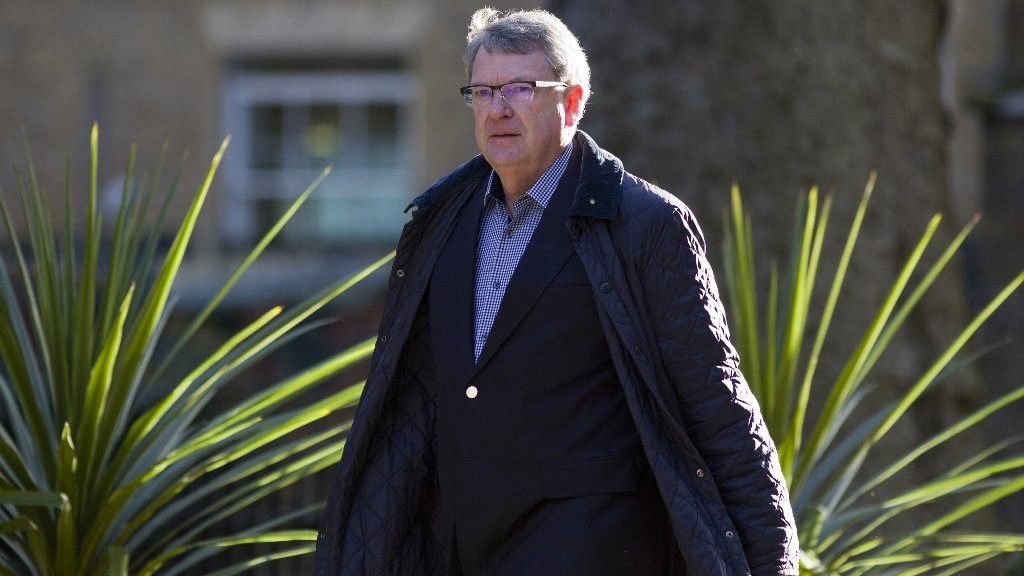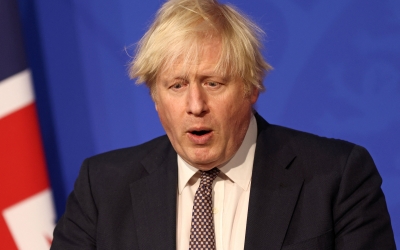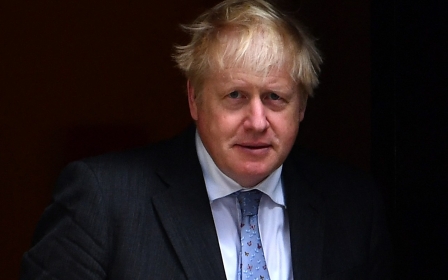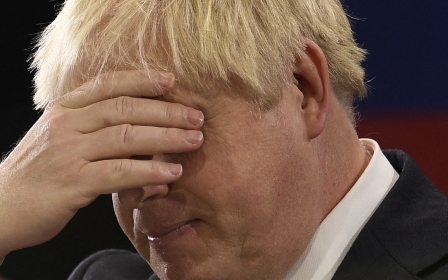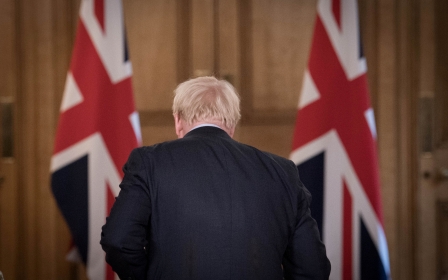How Boris Johnson is turning Britain into a global pariah
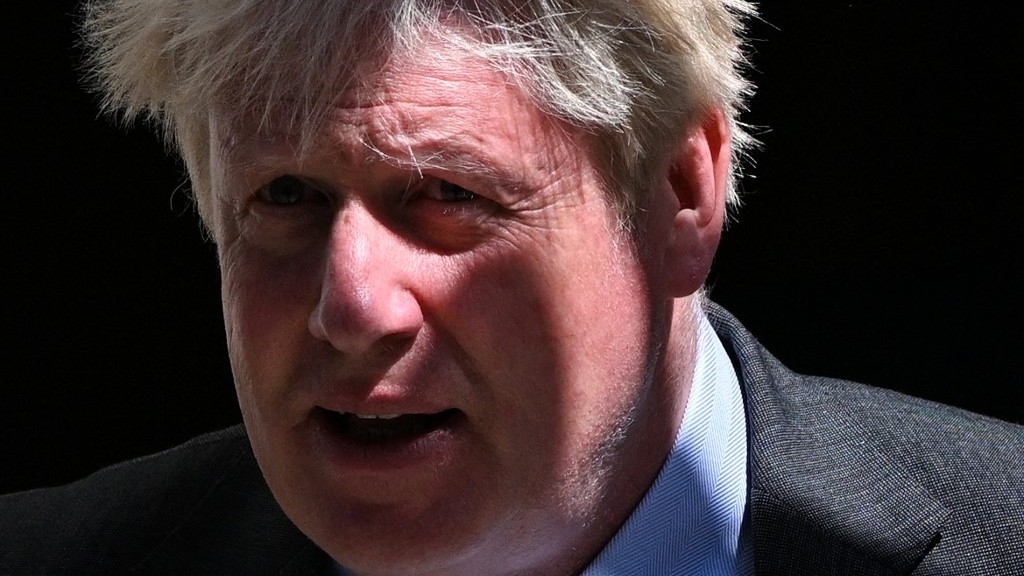
It’s July 2001, and Australian Prime Minister John Howard is on course for humiliation at the hands of the opposition Labor Party in the looming general election.
Then, a ship carrying a cargo of 433 desperate Afghan and Iraqi asylum seekers tries to enter Australian waters. International law says Australia has a duty to let them in. Howard sends in troops, takes control of the ship, and despatches the distressed asylum seekers to detention camps on the tiny island state of Nauru.
He is the revolutionary leader of a far-right government determined to repudiate Britain's long history as a liberal democracy
Howard announces: “We will decide who comes to this country.” The Labor opposition is outraged, as are international lawyers. Howard surges to a general election triumph.
The mastermind of this brutal but clear-sighted plan was then-unknown political strategist Lynton Crosby, who would ultimately mastermind four consecutive Howard election triumphs.
Fast-forward to the scene in Downing Street earlier this month, as an alarmed Prime Minister Boris Johnson receives news that Tory MPs have launched a mutiny.
With his leadership in peril, Johnson summons his trusted advisers. By far the most powerful and respected is legendary political strategist Crosby - the magician who won Howard four victories, then twice commanded the strategy team that swept Johnson to power in the London mayoral elections. Most recently, he helped propel the prime minister to victory over Labour in the 2019 general election.
Divisive tactics
Crosby’s techniques are effective, but ugly. He is a master of so-called wedge issues that divide national opinion. These issues are designed to galvanise working-class voters who traditionally vote for leftwing parties, while paralysing the leaderships of those same leftwing parties.
The most divisive wedge issue is asylum seekers, as Crosby cleverly spotted in Australia two decades ago.
At that panicky Downing Street meeting earlier this month, there’s little doubt that Crosby would have advised Johnson to change the conversation from the debilitating daily disclosures about prime ministerial sleaze and deceit, and to focus on one of the “wedge issues” that have worked so well for his clients in the past.
So it wasn’t a coincidence that a few days after their meeting, Home Secretary Priti Patel’s floundering plan to export asylum seekers to Rwanda was revived with a vengeance. According to the Spectator: “Johnson’s deputy chief of staff David Canzini, looking ahead to the next general election, has heralded the Rwanda plan as an ideal wedge issue. Aides have been ordered to find more policies in their departments that divide the opposition.”
Canzini, who has a reputation for briefing newspapers more than is perhaps wise or necessary, is Crosby’s point man in Downing Street.
The chartered Boeing 767 booked to take asylum seekers to Rwanda was a fiasco. It didn’t take off, thanks to a last-minute intervention from the European Court of Human Rights.
That wouldn't have bothered Crosby. His speciality is political campaigning, not responsible government. And no problem as far as Crosby’s client, Johnson, is concerned; the prime minister wins either way.
If the asylum seekers had made it to Rwanda, Johnson would have claimed a stunning policy success in the fight against “illegal immigration”. But failure worked well, too, because now Johnson can cheerfully blame the international court that blocked the flight.
Controversial replay
Lord Chancellor Dominic Raab, whose sworn duty is to uphold the law, is now reportedly examining ways of enabling ministers to ignore rulings from the European court.
Better still from Johnson’s point of view, all this has placed Labour leader Keir Starmer in an excruciating situation. Starmer - as Johnson mercilessly likes to remind him - is a former human rights lawyer. The British prime minister is determined to paint him as an ally of the “activist lawyers” aiming to meddle with British sovereignty.
Pleasingly for the prime minister, experts suggest that Crosby’s strategy might be working. Pollster James Johnson noted on Twitter on Wednesday: “If there is one lesson from British public opinion over the last decade, it is that people don’t like it when others tell Britain what it can and can’t do.”
This means that in political terms, we are seeing a replay of the controversy that established Crosby’s reputation two decades ago. Such tactics are cruel, immoral and unscrupulous - but it may well work.
There are differences. The Afghan and Iraqi asylum seekers blocked by Howard in 2001 were hundreds of miles from Australia. The asylum seekers trying to come to Britain simply have to cross the channel. Johnson can’t send in the special forces, as Howard did. Instead, he’s declared war on the rule of law. Expect more international treaties to be ripped up.
There’s now talk that Johnson may withdraw from the European Convention on Human Rights. This treaty was inspired by Sir Winston Churchill, drafted in large measure by the Tory politician David Maxwell Fyfe and ratified by Britain in March 1951. We were the first nation to do so.
Among the great ideas embodied by the convention are freedom under law, restraint on the power of the state, and a deep understanding of the link between individual liberty and private property.
These are all Conservative ideas. That won’t bother Johnson. It is by now obvious that he is the revolutionary leader of a far-right government determined to repudiate Britain’s long history as a liberal democracy. In the process, he is turning Britain into an international pariah - a British version of Trump’s United States.
The views expressed in this article belong to the author and do not necessarily reflect the editorial policy of Middle East Eye.
Middle East Eye propose une couverture et une analyse indépendantes et incomparables du Moyen-Orient, de l’Afrique du Nord et d’autres régions du monde. Pour en savoir plus sur la reprise de ce contenu et les frais qui s’appliquent, veuillez remplir ce formulaire [en anglais]. Pour en savoir plus sur MEE, cliquez ici [en anglais].



